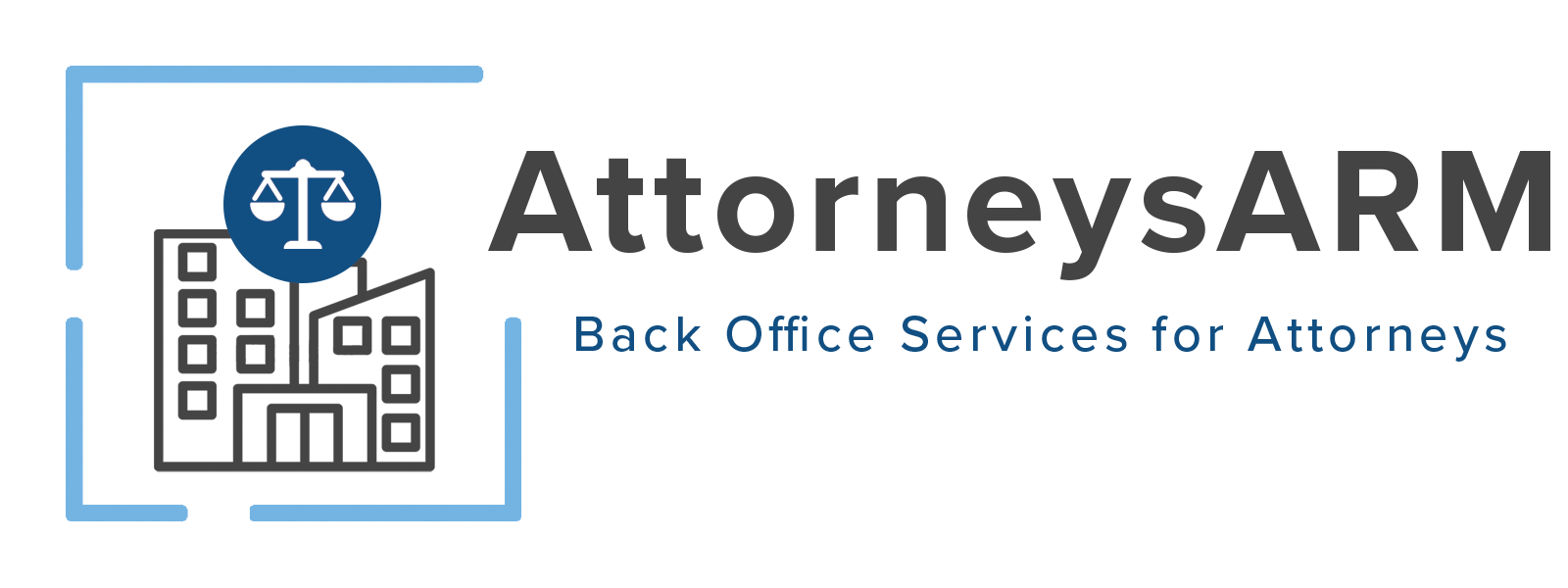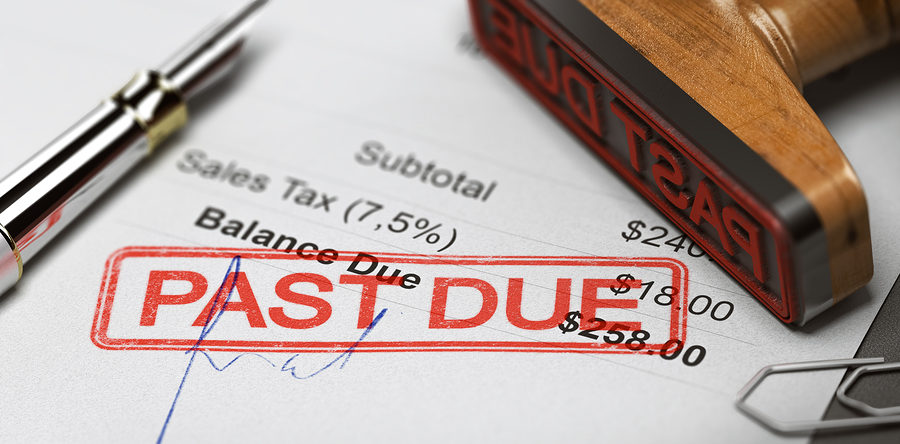Delinquent accounts are just as important as current accounts. All unpaid debts equate to money your business can’t add to its bottom line! Yes, it can be a bit daunting (and even tricky!), but it is important to put some focus and time on recovering them. Writing them off may seem like an easy way out, but that’s a loss for your business. So, that may not be the best solution for every past due account. Here are a few things to keep in mind about delinquent accounts and collecting on them.
Start Trying to Collect as Soon as a Payment Is Missed
The longer a debtor takes to pay, the less likely they are to pay. This makes it harder to collect on the account. It’s important to start collecting right away so the debtor doesn’t become too comfortable with the idea of not paying. Contacting them when a payment is not made on time is a good start. Find out what’s going on. Why did they miss the payment? Create a plan with them on when and how to pay. Then, follow up if they do not pay you during that call.
Always Follow-up on Arranged Payments
When an agreement is reached on a method and time of payment, follow up on it. Set yourself a reminder to make sure the payment is made as agreed. If not, follow up with the debtor. Give them a call or send a letter letting them know a payment was not made according to the previously made arrangement. If a payment has been made, great! Set another task to check on the next payment that was agreed upon (if the debtor did not pay in full).
Discuss Repercussions of Non-Payment
Letting them know the consequences of not paying may help encourage them to stick to the plan they agreed to. Some of these may be referring the account to third party collections and negative reporting to the credit bureau, if it hasn’t already been done, which can then lead the debtor to not being able to get loans for vehicles, homes, etc.
Waiting Too Long Could Mean Too Late
In every state, there are laws governing the statute of limitations on how long you can continue to try to collect on that debt. This is referred to as “.” Each state also has collection laws. So it is very important to know what those are in your area. If a debt is time-barred, collections can still occur under limited circumstances. To know if your business meets the qualifications to continue collecting, talk with a collections attorney. The debtor most likely cannot be sued for the money. This makes trying to collect sooner rather than later very important.
Keep Things Positive
People are more likely to agree to payment arrangements if they aren’t feeling forced into it or treated poorly. Letting them know that by paying it, they have one less thing they must worry about. You can also tell them that paying the debt may reflect well on their credit report (if your business reports to the credit bureau). Throughout this process, being kind and treating the debtor as a fellow human being can make a huge impact.
Also, your company should create its own collection process if it doesn’t already have one. By making sure all debt collections are handled the same, consistent way, your employees and clients will know what to do or expect when a payment is missed in the future. Also, outlining these to clients, both new and old, upon creating a new debt is a great way to encourage them to keep the initial agreement to pay.
Clients ARM Is Here to Help
Clients ARM has a staff knowledgeable in collections, both new and old, as well as billing, accounts receivable, and intake services. A free consultation is just a few clicks away to allow us to show you how we can help you raise your capital by collecting on delinquent accounts.




